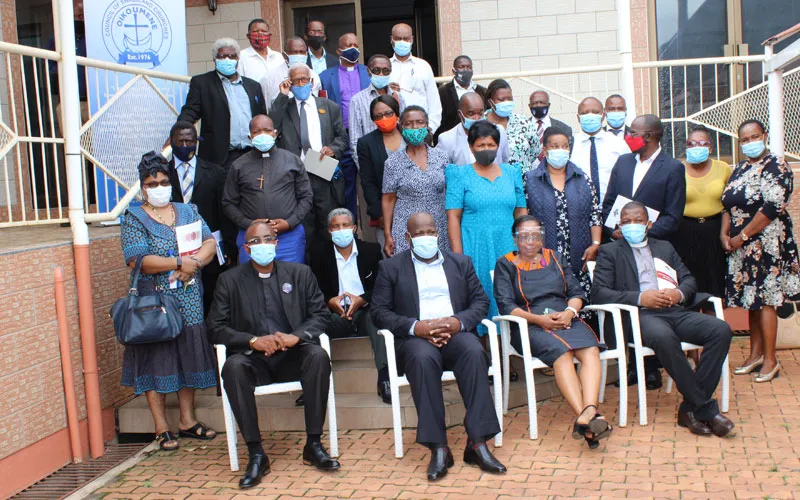Manzini, 09 April, 2022 / 6:10 pm (ACI Africa).
Representatives of Christian leaders in Eswatini under the auspices of the Council of Swaziland Churches (CSC) are concerned about “a new culture of mistrust and intolerance” that they say is emerging in the landlocked Southern African nation amid national challenges.
In a statement circulated Tuesday, April 5, CSC members say they are “fully aware of the social, political and economic challenges that the country is currently going through” and urge stakeholders to engage in an “all-inclusive dialogue”.
“The lives of emaSwati are unfortunately negatively affected by all these challenges and we see different reactions from all sectors of society, including the violence that we see almost every day,” the representatives of church leaders in Eswatini say.
They add, “We are seeing a new culture of mistrust and intolerance emerging where the use of violence to resolve disputes has become the order of the day.”
Since June 2021, Eswatini has been the scene of violent protests with demonstrators clamoring for democracy in Africa’s only absolute monarchy.








